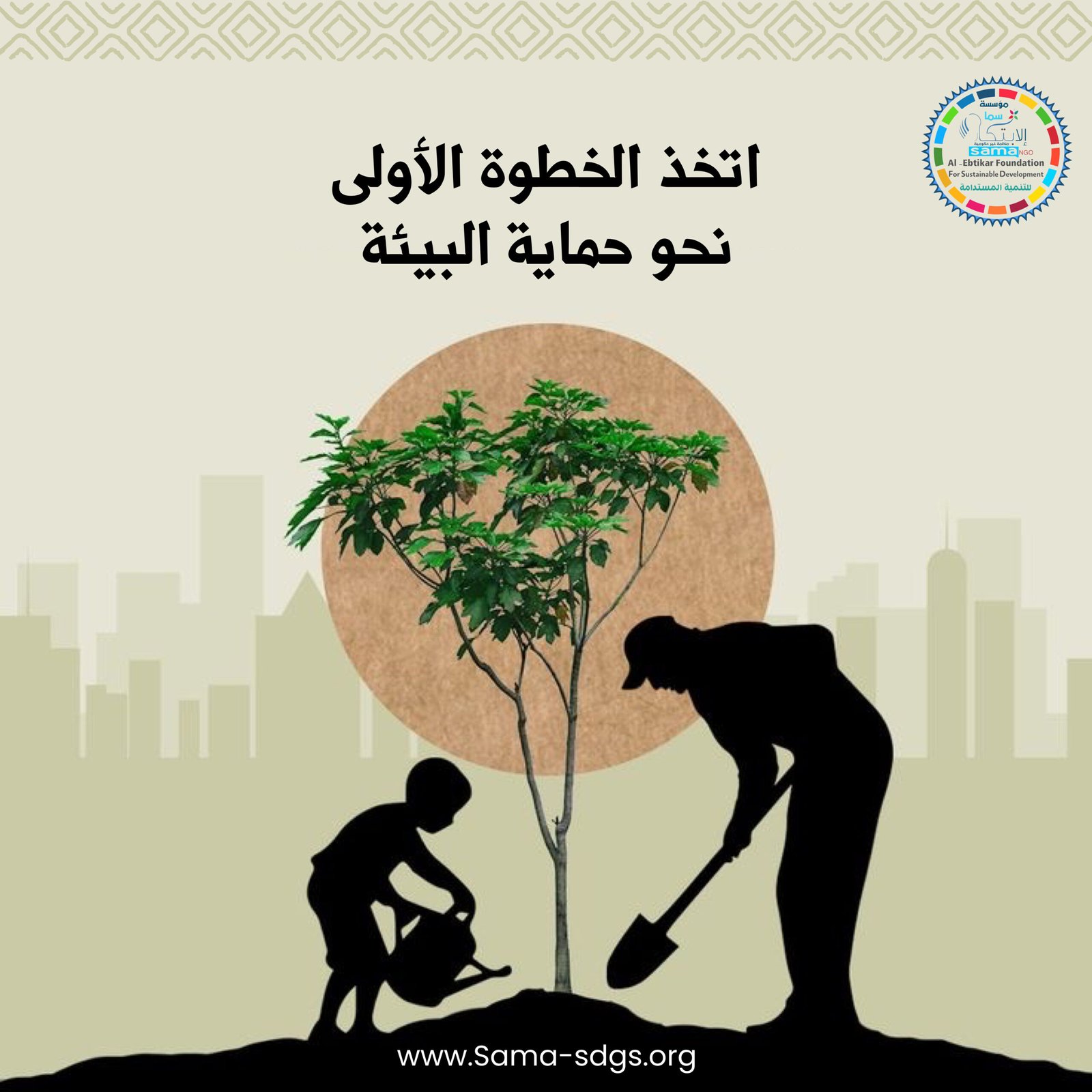
Over the past 20 years, countries have been working both locally and collectively as an international community to ensure that the conservation and sustainable use of the environment leads to sustainable growth, helping to lift people out of poverty permanently.
The three environmental crises of climate change, nature loss and pollution are pushing the planet to dangerous tipping points and threatening to undermine decades of development progress. Economic development and growth can no longer be achieved at the expense of the planet’s natural capital. It has become necessary to work to address the factors causing environmental degradation and nature loss so that we can achieve green, resilient and inclusive development.
Natural resources provide livelihoods for billions of people. When renewable natural resources, watersheds and productive terrestrial and marine environments are better managed, they provide the foundation for achieving inclusive and sustainable growth, food security, reducing poverty and enhancing human well-being. The existence of a clean environment is an essential factor in ensuring that individuals are able to live healthy and productive lives, and that it is possible to invest public and private resources in promoting the development process instead of being limited to addressing pollution problems. The world’s ecosystems help regulate the air, water and soil resources on which we all depend, and form a unique and cost-effective buffer against extreme weather events and climate change.
Achieving sustainable growth requires better integration of environmental, climate and development actions, as set out in recent global commitments, including the Global Biodiversity Framework approved in December 2022 at the 15th Conference of the Parties to the Convention on Biological Diversity. To achieve this, countries must improve natural resource management, adopt green fiscal policies, establish greener financial markets, and effective waste management programs.
In particular, the nature and climate change agendas are complementary, and there are synergies that need to be exploited to promote green, resilient and inclusive development, with the benefits of nature-smart policies increasing significantly when carbon capture services are taken into account.
Increased attention is needed to ensure that nature becomes an engine for economic and social development. Investing in nature can contribute to economic recovery by creating jobs, targeting aid to the poorest communities, and building long-term resilience.
 مؤسسة سما الابتكار للتنمية المستدامة منتظمة تعمل على اهداف التنمية المستدامة
مؤسسة سما الابتكار للتنمية المستدامة منتظمة تعمل على اهداف التنمية المستدامة
